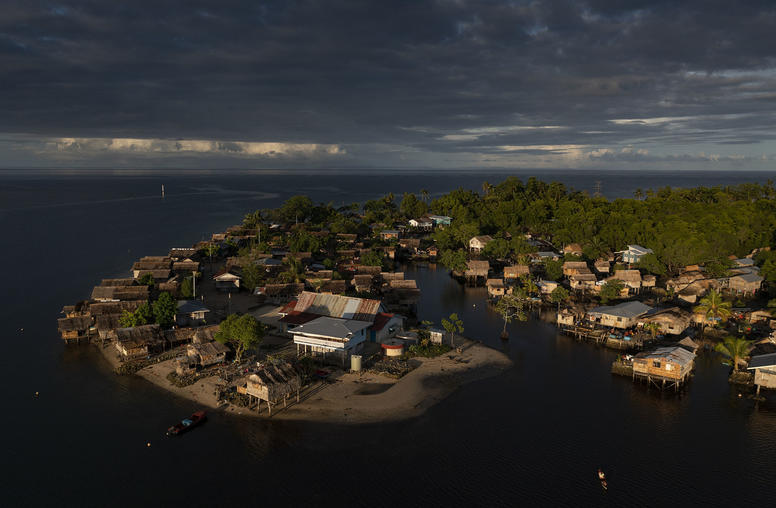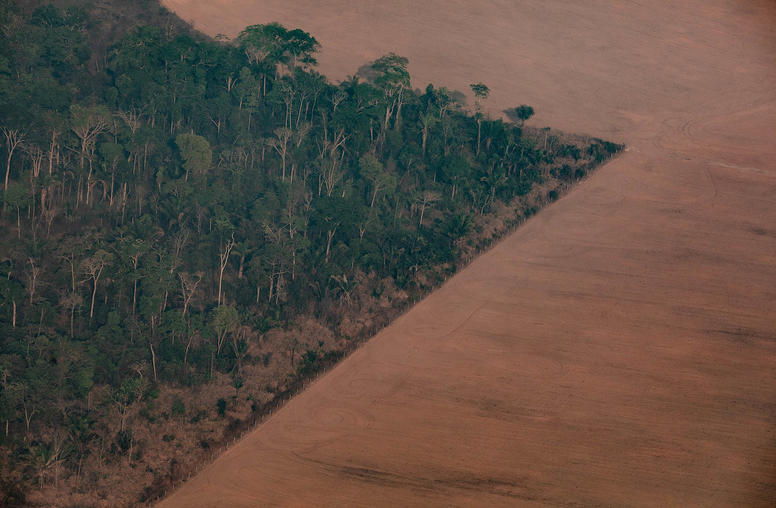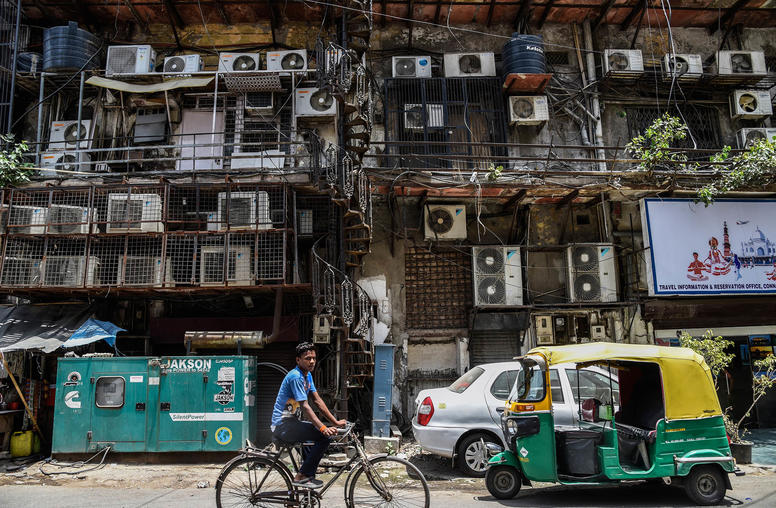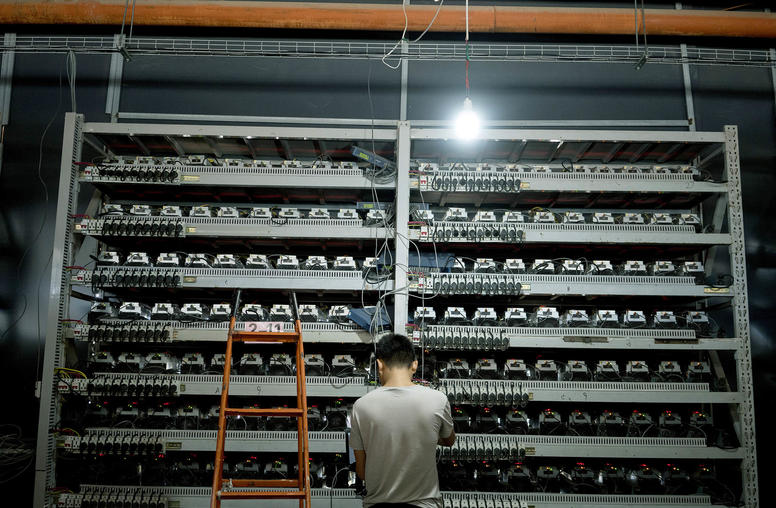Kayly Ober
Contact
Please submit all media inquiries to interviews@usip.org or call 202.429.3869.
For all other inquiries, please call 202.457.1700
Kayly Ober is a senior program officer for the climate, environment and conflict program at USIP. In this role, she leads research and analysis on climate change, migration and displacement as well as transboundary water and conflict issues.
Prior to USIP, she was the senior advocate and program manager of the climate displacement program at Refugees International. She also served as a member of the Task Force on Displacement established under the U.N. Framework Convention on Climate Change’s Warsaw International Mechanism for Loss and Damage. She has worked on climate change and migration issues for more than 15 years, during which time she has held positions at organizations such as the Asian Development Bank, the Overseas Development Institute, the Woodrow Wilson International Center for Scholars, and the World Bank, where she authored the flagship report “Groundswell: Preparing for Internal Climate Migration.”
Ober holds a master’s in environment and development from the London School of Economics and a bachelor’s in international studies from American University. She is currently completing her doctorate in geography at the University of Bonn, where her dissertation analyzes policymaking and governance structures around the climate change-adaptation-migration nexus.




